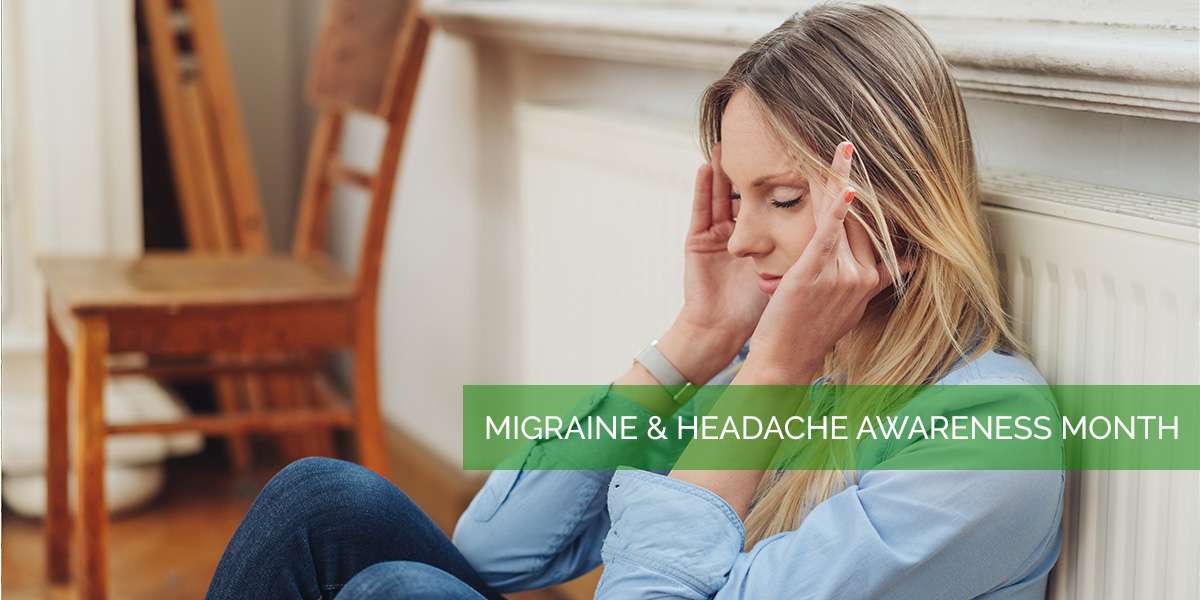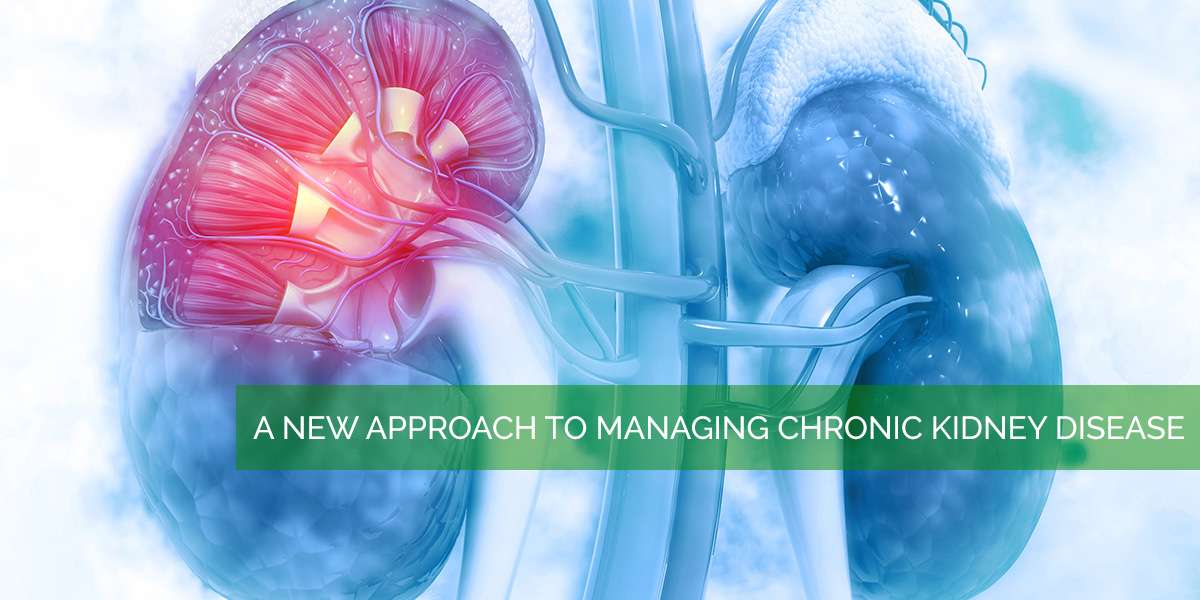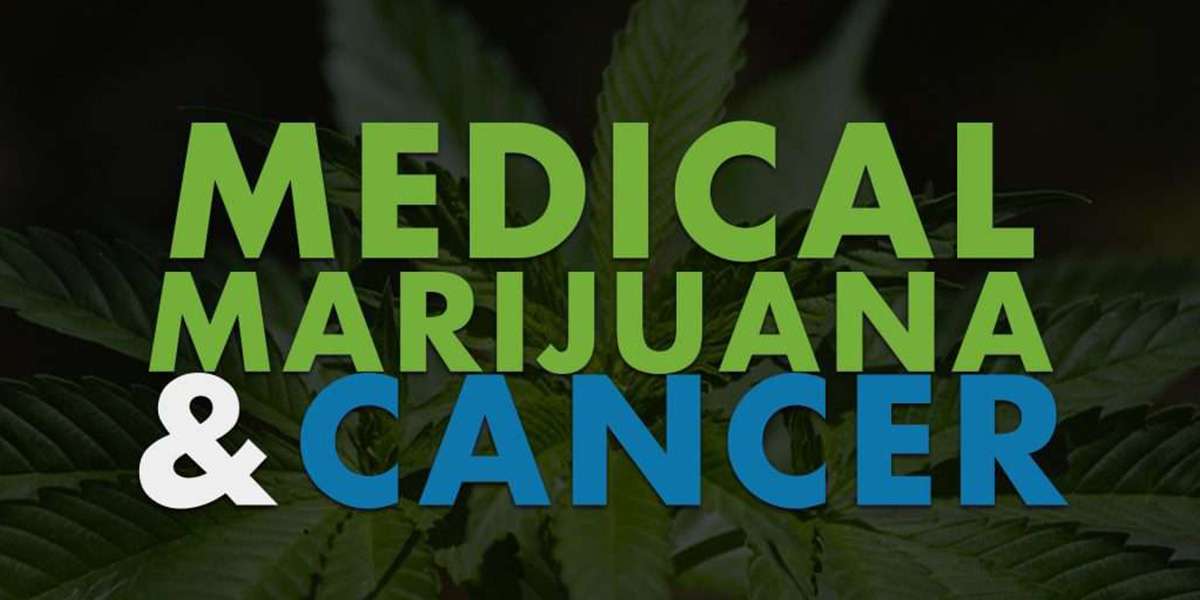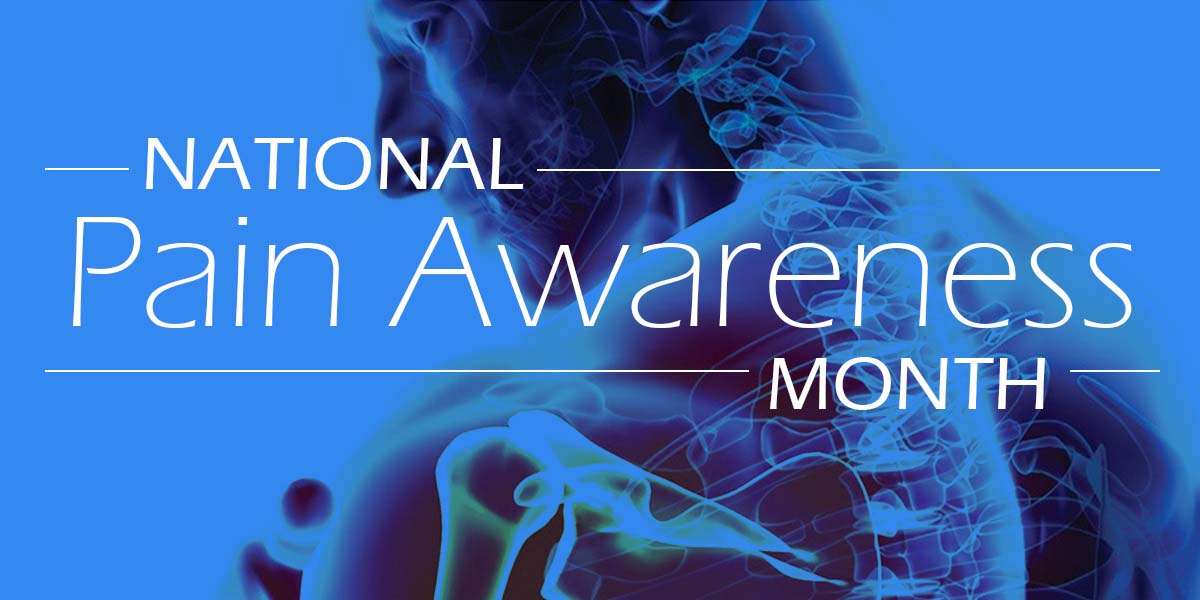Migraine & the Role of Medical Marijuana
As Migraine & Headache Awareness Month takes center stage in June, it’s crucial to shed light on alternative treatment options for those seeking relief. At our specialized clinic, we recognize the potential benefits of medical marijuana in managing migraines and headaches.
Migraines and headaches can be debilitating, affecting millions worldwide. Conventional treatments may not always provide the desired results, leading individuals to explore alternative approaches. Medical marijuana has shown promise in alleviating symptoms and improving the quality of life for many patients.










